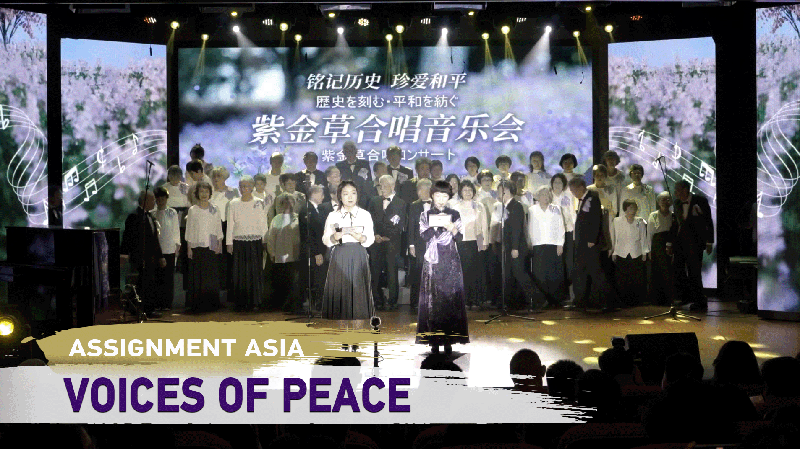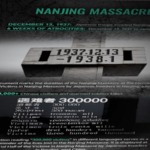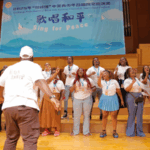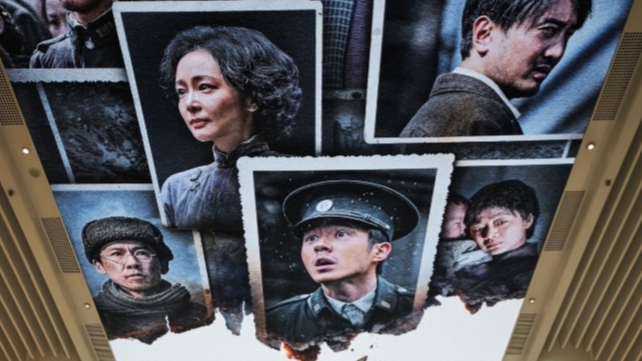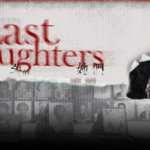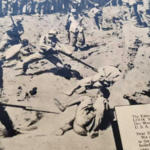In a world where historical wounds often strain international ties, a Japanese choir is harmonizing melodies of reconciliation. The Grass Choir, a group of vocal advocates for peace, has dedicated itself to addressing the legacy of the Nanjing Massacre through music—a sensitive chapter in Sino-Japanese relations that remains largely unspoken in Japan.
For over 80 years, the 1937 tragedy has cast a long shadow. Yet the choir’s performances in the Chinese mainland, blending haunting ballads and hopeful anthems, have resonated deeply with audiences. 'We sing to remember, not to reopen old wounds,' said choir member Haruka Sato during a recent interview. 'Music allows us to confront history without hostility.'
Their concerts, often held near memorial sites, have drawn emotional responses from survivors’ families and younger generations alike. Analysts note the group’s unique role in cultural diplomacy at a time when geopolitical tensions persist. 'Artistic initiatives like this foster mutual understanding where politics sometimes falter,' remarked Beijing-based historian Dr. Li Wei.
While the choir avoids direct political messaging, their work coincides with renewed academic efforts to document wartime histories. For investors and policymakers, such grassroots movements signal opportunities for soft-power collaboration across Asia. As cross-border tourism rebounds, travelers are also discovering these performances as poignant cultural touchstones.
For now, the Grass Choir’s mission remains clear: to ensure the past isn’t silenced, and to plant seeds of friendship—one song at a time.
Reference(s):
cgtn.com
